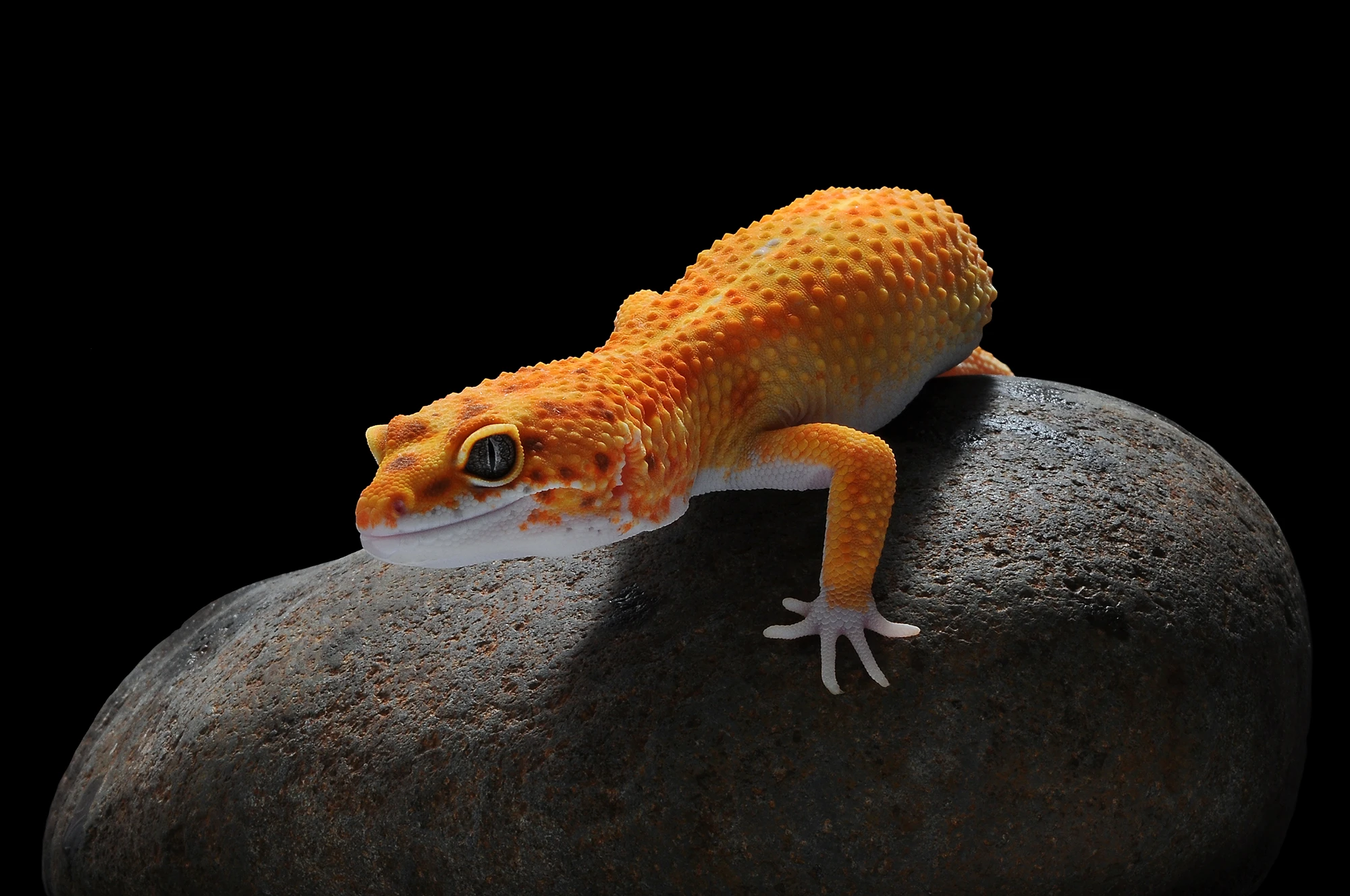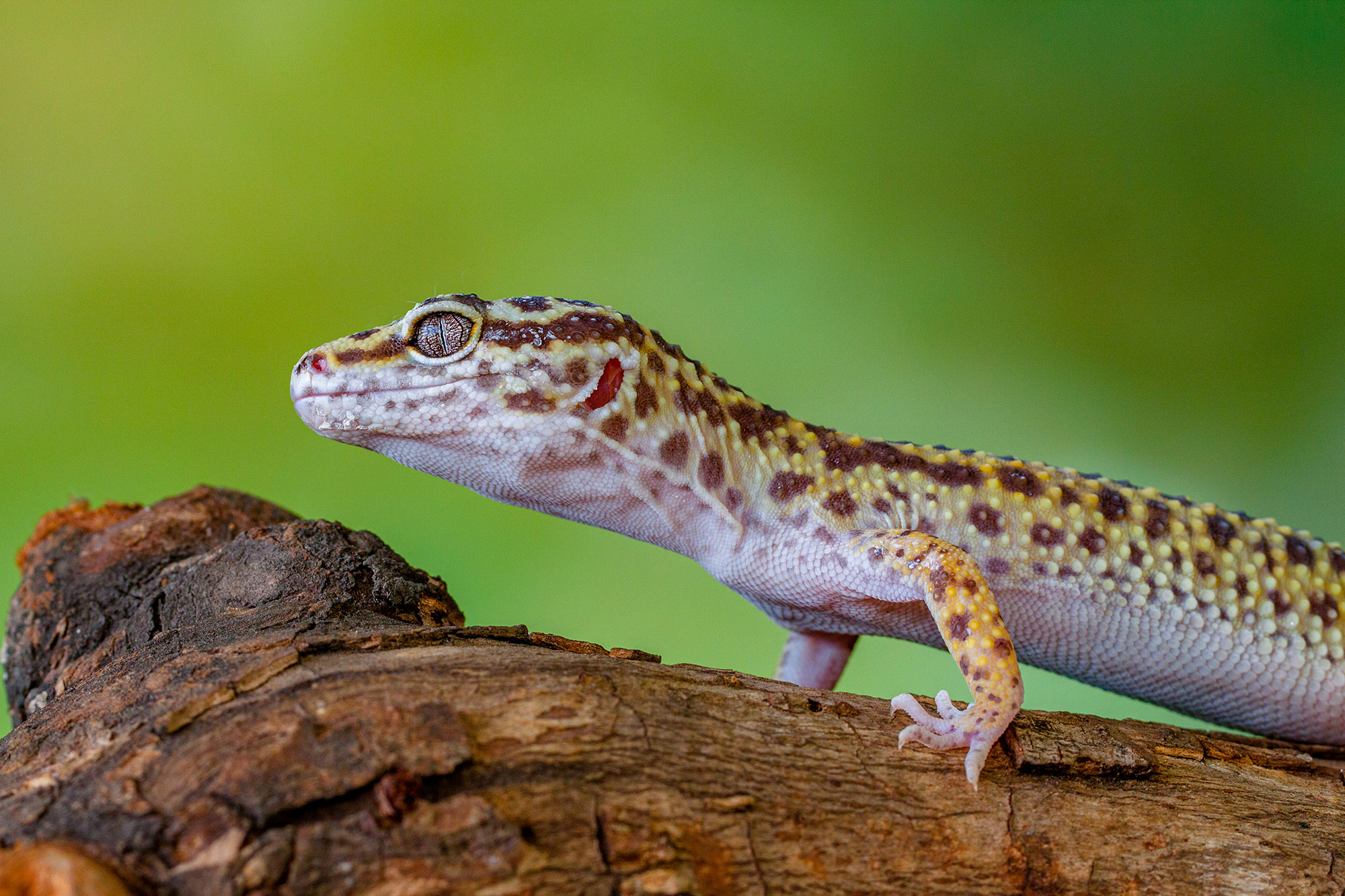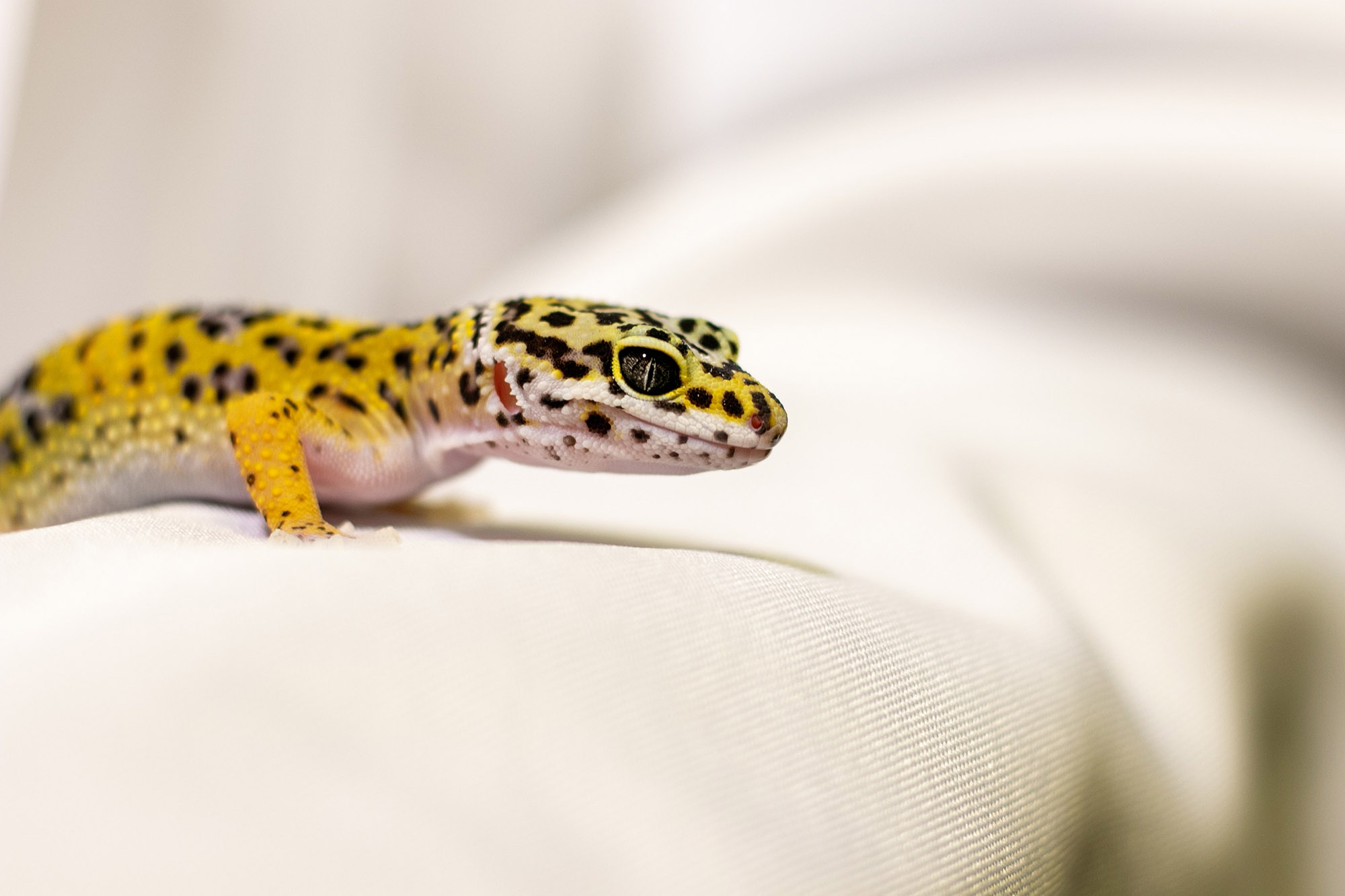Origins: Australia – Diet: Omnivorous
Bearded dragons, scientifically known as Pogona, are a genus of reptiles native to Australia. They are popular and commonly kept as pets around the world due to their calm temperament, relatively small size (compared to other reptiles), and distinctive appearance.
Bearded dragons, beloved for their friendly and docile nature, make wonderful pets due to their calm and gentle demeanor. They are highly social and tolerate handling well, making them ideal for both beginners and experienced reptile enthusiasts. These lizards are known for their endearing personalities and are great companions for families and individuals seeking low-maintenance reptile pets. However, it’s essential to respect their individual temperaments and needs as responsible pet owners.
Properly caring for a bearded dragon requires the right supplies to create a suitable habitat. Here are the essential supplies you’ll need:
Heat Source: Bearded dragons are ectothermic, so they require an external heat source. A basking lamp or ceramic heat emitter should provide a warm basking spot in the high 90s to low 100s Fahrenheit (35-40°C). A UVB light source is also essential for proper calcium absorption and overall health.

Thermometers: Use both a basking spot thermometer and an ambient temperature thermometer to monitor the temperature throughout the enclosure.
Bearded dragons are omnivorous reptiles, which means their diet consists of a variety of both animal-based and plant-based foods. To provide a balanced and nutritious diet for your bearded dragon, consider the following components:
Insects: Insects are a crucial part of a bearded dragon’s diet, especially for younger dragons. Common insect options include:
- Crickets
- Dubia roaches
- Mealworms (in moderation)
- Superworms (in moderation)
- Silkworms
- Black soldier fly larvae
Vegetables and Leafy Greens: Bearded dragons should also consume a variety of vegetables and leafy greens. Some suitable options include:
- Collard greens
- Mustard greens
- Turnip greens
- Dandelion greens (pesticide-free)
- Kale (in moderation)
- Swiss chard
- Endive
- Escarole
- Butternut squash
- Bell peppers
Fruits: Fruits can be offered occasionally as treats due to their higher sugar content. Some suitable fruit options include:
- Papaya
- Mango (in moderation)
- Berries (e.g., blueberries, raspberries)
- Apple (remove seeds)
- Kiwi
Supplements: To ensure proper nutrition, it’s essential to provide calcium and vitamin supplements. Dust the insects with a calcium powder before feeding, and offer a vitamin supplement (without added phosphorus) a couple of times a week.
Water: Bearded dragons primarily obtain their water from their food, but it’s still a good idea to provide a shallow dish of clean, fresh water for drinking. Ensure the dish is not too deep to prevent drowning.
Gut loading is a practice used in the care of bearded dragons and other reptiles. It involves feeding the insects or prey items that you plan to offer to your bearded dragon with highly nutritious foods before they are consumed by your pet. The goal of gut loading is to enhance the nutritional content of the prey items, which in turn provides more nutrition to your bearded dragon when it eats them.
By feeding the insects or prey items a balanced and nutritious diet for a period before feeding them to your bearded dragon, you can ensure that your pet receives a more well-rounded and healthier meal. Gut loading typically involves providing the insects with a variety of fresh vegetables, fruits, and supplements like calcium powder to increase their nutritional value. This practice helps ensure that your bearded dragon receives the essential vitamins and minerals it needs for proper growth and overall health when it consumes the gut-loaded prey.
Bearded dragons are popular pets for their friendly nature, manageable size, and long lifespan (up to 15 years). They come in various colors and patterns, making them visually appealing. They’re low-maintenance, quiet, and odorless. Bearded dragons are interactive and can be trained. They offer educational benefits and can be therapeutic for some owners. However, they require a proper habitat, varied diet, and regular care to thrive.
When acquiring a bearded dragon, you have several options:
Rescue Organizations and Shelters: Adopting from a rescue or shelter is a great choice, offering a second chance to a reptile in need.
Local Pet Stores: Some specialized local pet stores sell bearded dragons, but ensure they offer proper care guidance.
Online Breeders: Reputable online breeders can be convenient, but research thoroughly and ask questions about the dragon’s health and care.
Chain Stores (e.g., Petco): Chain pet stores may have bearded dragons, but inspect their health and environment, as care quality can vary.
Prioritize the health and welfare of the animal, research care requirements, and consult experts for guidance. Remember, ongoing expenses for habitat, food, and healthcare are essential.
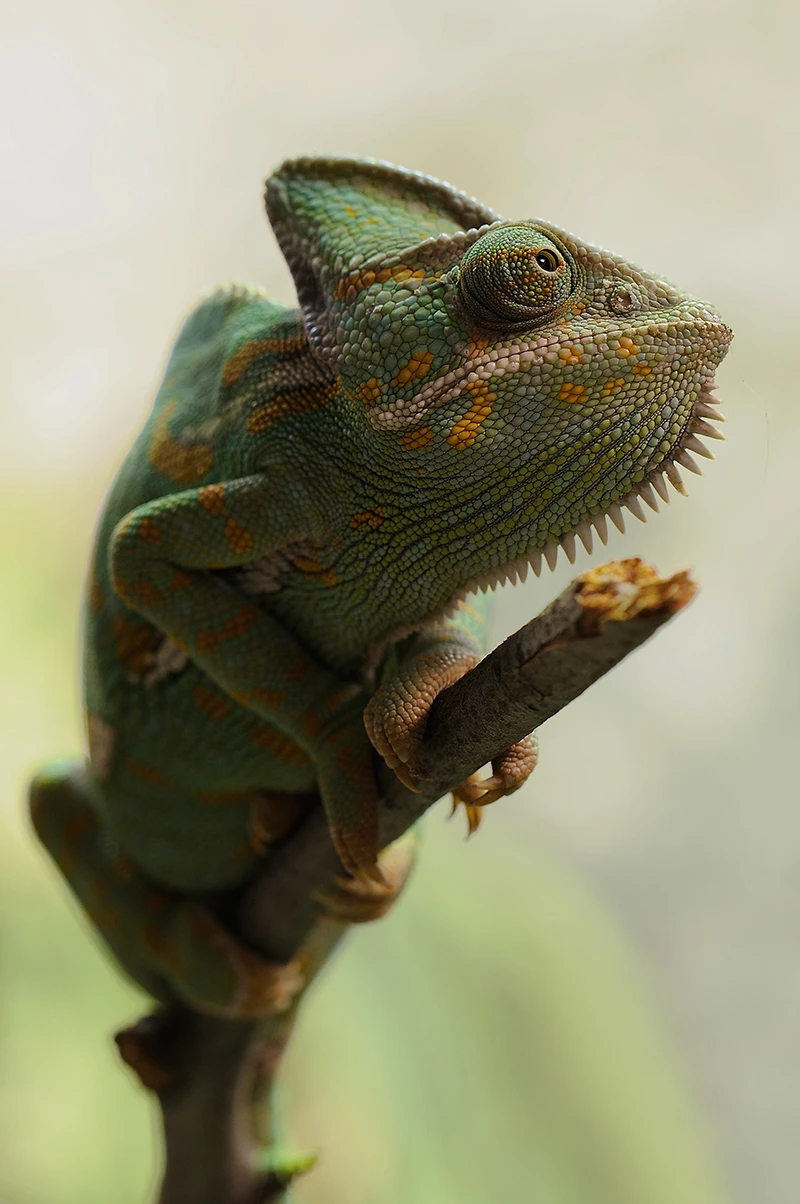
Disclaimer: Pet Care Website
This website provides information on pet care and related topics with content generated by a combination of AI technology and contributions from everyday individuals. However, it is important to understand that the information presented here should not be considered a substitute for professional veterinary advice, diagnosis, or treatment. The content on this website is intended for general informational purposes only.
Always consult a qualified veterinarian or pet care expert for guidance on your pet’s health and well-being. Your pet’s health and safety should be your top priority, and this website should be used as a supplementary source of information.
More animal care guides
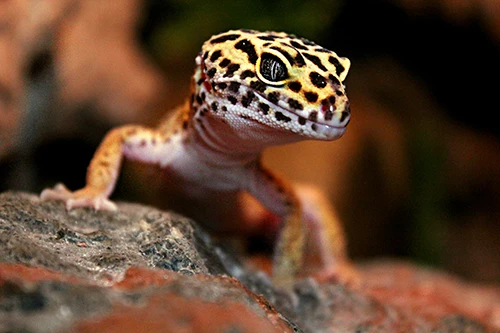
Leopard Gecko Care
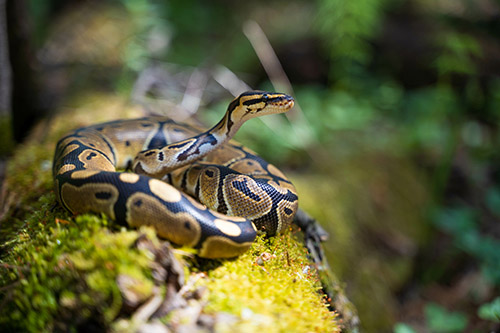
Ball Python Care
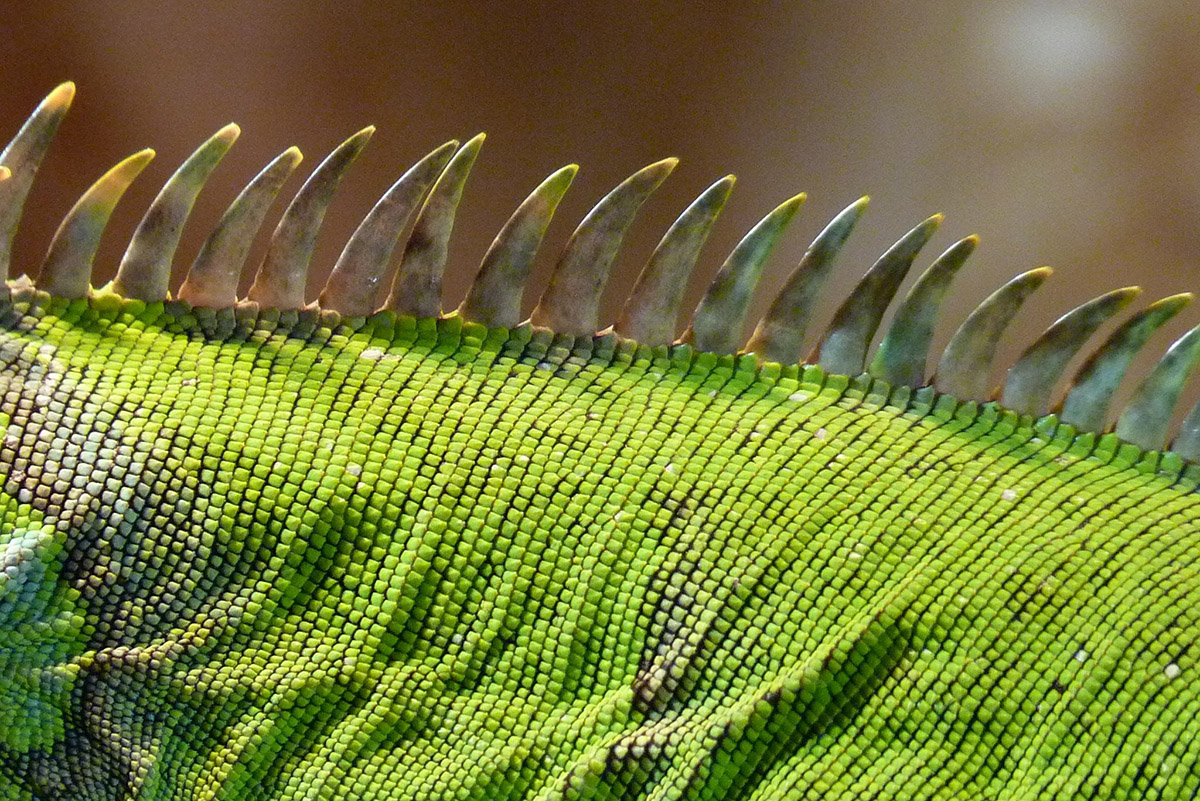
Green Iguana Care



© 2023 Mister Reptile. All rights reserved. / Privacy / Terms of Use / Cookie preferences / Do not sell or share my personal information
